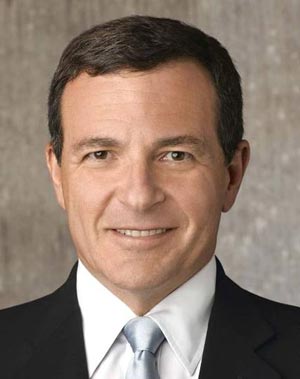Welcome to economics, all you students (and aid workers)
Today, for the first time in my professional career I taught Principles of Economics. I'll be teaching this all semester long and giving occasional reports from the classroom. The officially required duty of all Principles instructors is to first define economics. Here is the definition from the 18th edition of McConnell, the most popular text on the market and actually the exact same text I used in my own first econ class 35 years ago:
Economics is the social science concerned with how individuals, institutions, and society make optimal choices under conditions of scarcity.
OK, just kill us all from acute boredom right now. [If you are an economist, try introducing yourself to someone: "I am somebody concerned with how individuals, institutions, and society make optimal choices under conditions of scarcity."]Is there some conspiracy to make econ so boring that the number of economists stays low and we get high salaries from our scarcity?
The boredom of economics education also has the unfortunate effect of making economics scarce in aid work, given the number of aid ideas that violate elementary principles that all economists (from all points on the political spectrum) agree upon.
Sorry, I'm not all that concerned with "how individuals, blah, blah, optimal choices, blah, blah, scarcity, blah, blah..." I'm concerned why some people are so rich and other people are so poor. I want to understand why some economies work and others don't, and why even the ones that work still don't work for everyone. I want to understand how other Americans and I got 64 times richer than our ancestors.
I want to know why Robert Iger, the CEO of Disney, makes $140,000 a day, andwhy some rock-breakers I met in Ghana make $1 a day. I think a differential of 140,000 times is pretty important to understand (obviously includes both domestic and international inequality).
Economics principles are a set of tools that have evolved to transcend scarcity into abundance. When students use these principles to solve problems in an Econ class, they are recreating the process of historical problem solving in which poor people discovered the principles to become rich people.
I am going to try to convince the students that Principles of Economics gives considerable insight into the slightly different outcomes experienced by us and by our ancestors, and by Disney CEOs and Ghanaian rock-breakers. Stay tuned.
 From Aid to Equality
From Aid to Equality


